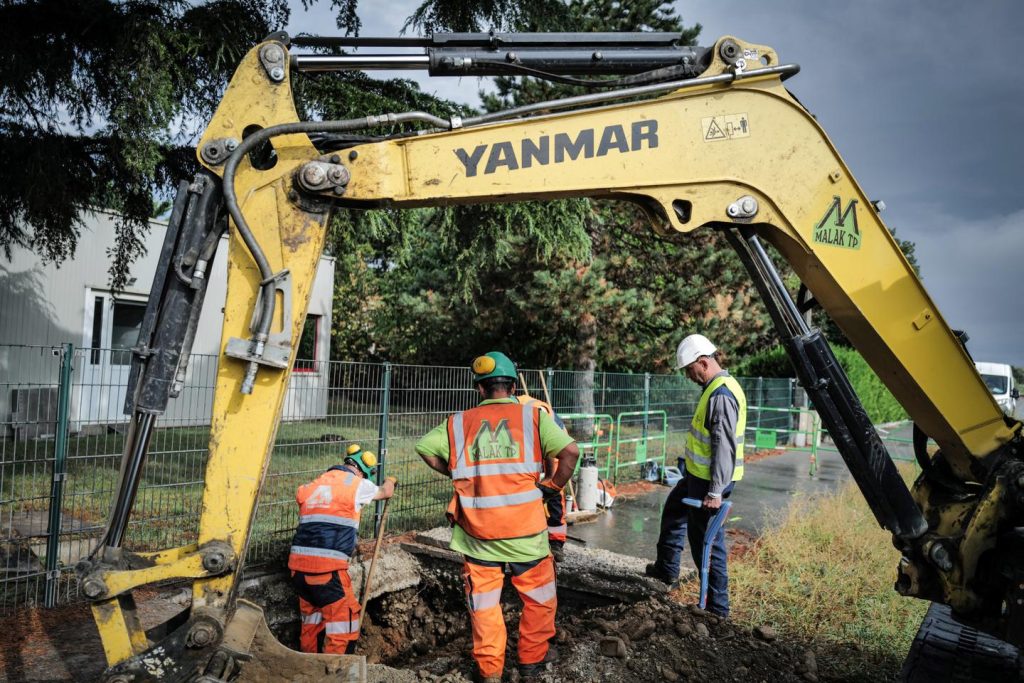The persistence of the Senators has paid off. After obtaining the approval of Prime Minister Michel Barnier earlier this month, the Senate adopted a bill on Thursday, October 17 that allows mayors to not transfer their water and sanitation responsibilities to the higher level of intermunicipal cooperation in 2026. This goes against what was previously outlined in the NOTRe law of 2015. The Minister in charge of rural affairs, former Senator Françoise Gatel, stated during the debates that the previous law had restricted and standardized the country without considering the diversity of the territories. She emphasized the importance of passing laws that provide flexibility and trust in local officials.
In the Senate, which represents territorial communities, Michel Barnier has a strong majority. In an uncertain political context, this is significant. With his decision announced on October 9, Barnier knew he would satisfy a longstanding request from the Senators and gain the support of many local elected officials, even as he asks for a significant budget effort of 5 billion euros in 2025. The Association of Mayors of France immediately praised the decision as a measure of freedom and efficiency. However, not all local elected officials share the same opinion. Some, such as Pierrick Tranchevent, Vice President of Mayenne Communauté, see it as a waste of public funds especially in light of the government’s call for financial rigor.
Since the 1,254 intermunicipalities in the country learned that they would need to take on the responsibility of water and sanitation by 2026 at the latest, they have been preparing for the transition. According to Intercommunalités de France, 540 of these municipalities are already responsible for these tasks. Mayenne Communauté is not yet among them but has already spent 100,000 euros in preparation for the transfer. Tranchevent questions the logic of stopping this work after investing so much time and money in it. The debate surrounding this issue is ongoing and some worry about the financial implications of the decision to allow mayors to retain control over water and sanitation duties.
The discussions around this issue reveal the tensions between different levels of governance and the challenges of balancing local autonomy with broader cooperation. While some see the decision as a step towards empowering municipalities, others view it as detrimental to the efficiency and effectiveness of intermunicipal cooperation. The coming years will show how local officials navigate these changes and adapt to new responsibilities. Ultimately, the goal is to ensure that the legislation supports the diverse needs of the territories and enhances the trust in local elected officials to make decisions that benefit their communities.


